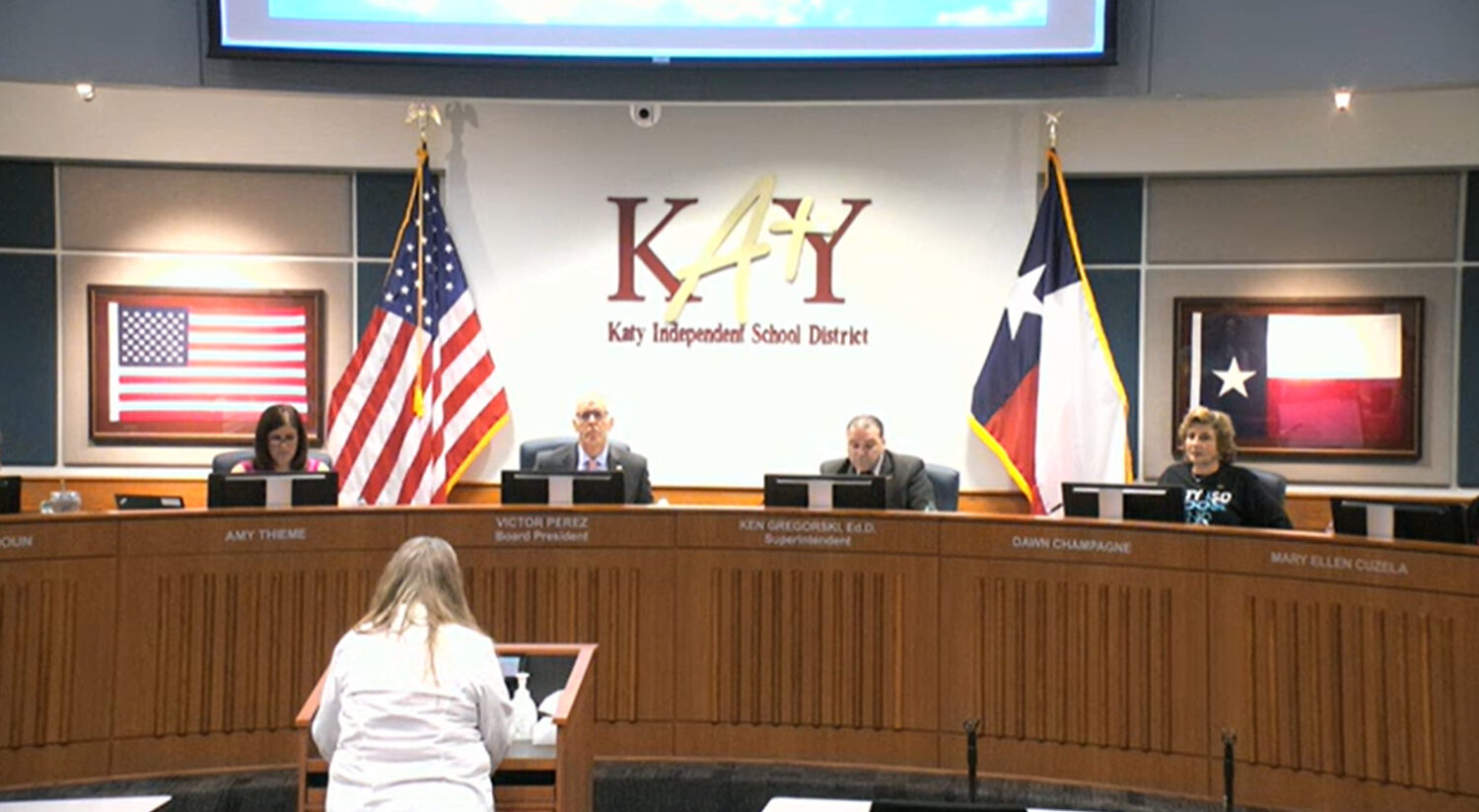Katy ISD, a school district serving over 90,000 students in a fast-growing suburb west of Houston, is once again at the center of controversy regarding gender-related policies. A year after implementing a “gender fluidity” policy that sparked a civil rights investigation by the federal government, trustees are now considering a new measure that would impact library materials in elementary and junior high schools.
According to a proposal on the agenda for a recent board meeting, all elementary and junior high libraries in Katy ISD would be prohibited from containing books that “adopt, support, or promote gender fluidity.” Additionally, high school students would require parental permission to access such materials from their campus libraries. This proposed policy has raised concerns among community members, especially those advocating for LGBTQ+ rights.
Amanda Rose, president of Katy Pride, a nonprofit organization that supports LGBTQ+ residents, criticized the proposed book policy revision, stating that it would further marginalize transgender and non-binary students. The previous “gender fluidity” policy implemented by the district had already faced backlash, leading to a former student filing a complaint with the U.S. Department of Education’s Office for Civil Rights.
The district’s stance on these policies is rooted in promoting parental authority and providing guidance to teachers on addressing gender-related issues. School board president Victor Perez emphasized the importance of respecting parental rights and ensuring equal educational opportunities for all students. However, the ongoing scrutiny from civil rights organizations and the federal government indicates a deeper divide on these issues within the community.
In addition to the proposed changes regarding library materials, Katy ISD is also considering revisions to its policy on book challenges. The district is contemplating amending the language to specify that books cannot be removed solely based on the ideas contained in the material or the personal background of the author or characters. This potential change reflects a broader discussion on censorship and intellectual freedom within educational settings.
As Katy ISD navigates these contentious issues, it is essential for stakeholders to engage in constructive dialogue and consider the diverse perspectives within the community. The outcome of these policy decisions will not only impact the educational environment in the district but also shape the experiences of students, teachers, and families. Ultimately, finding a balance between upholding parental rights, ensuring inclusivity, and respecting intellectual freedom will be crucial in fostering a supportive and equitable learning environment for all students in Katy ISD.


